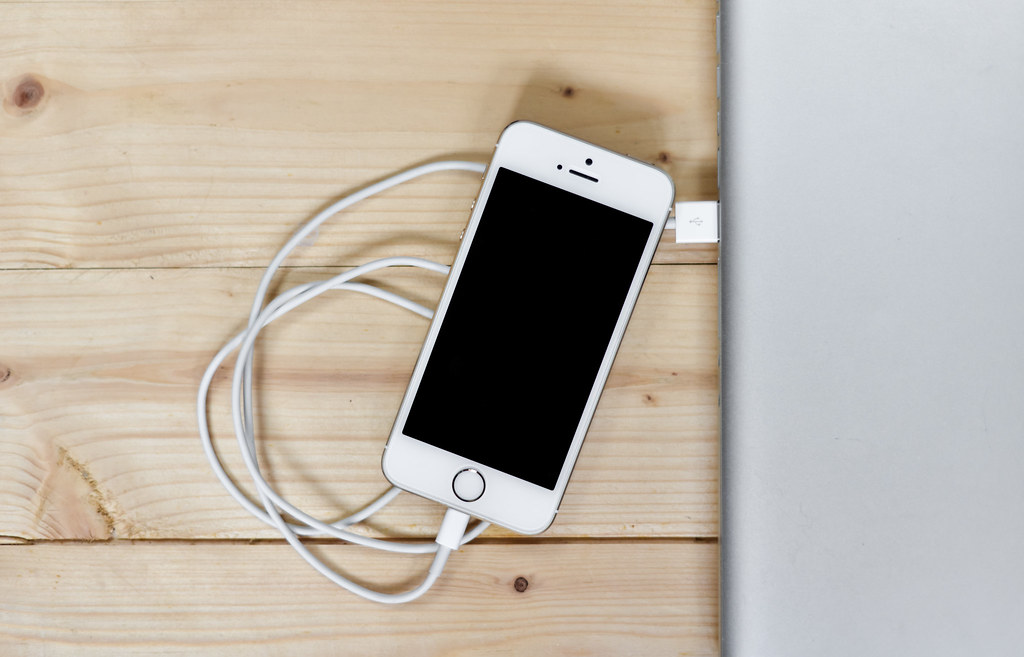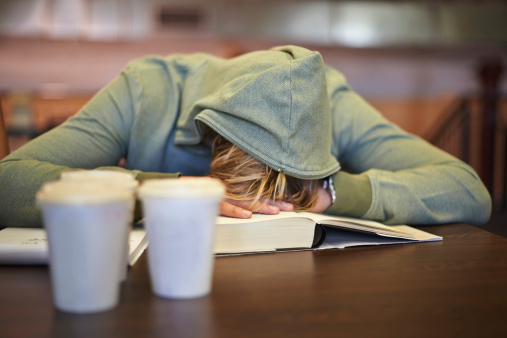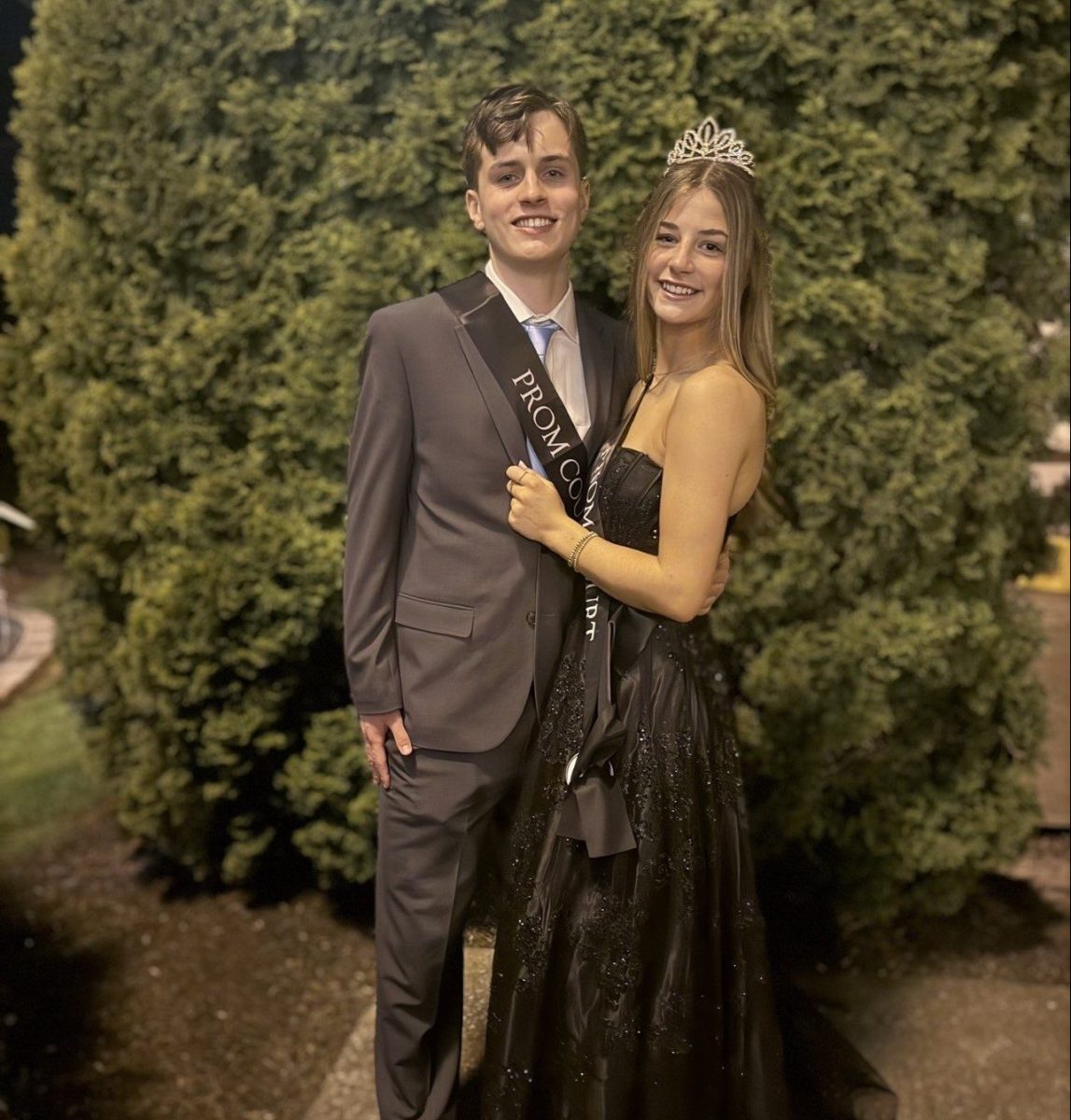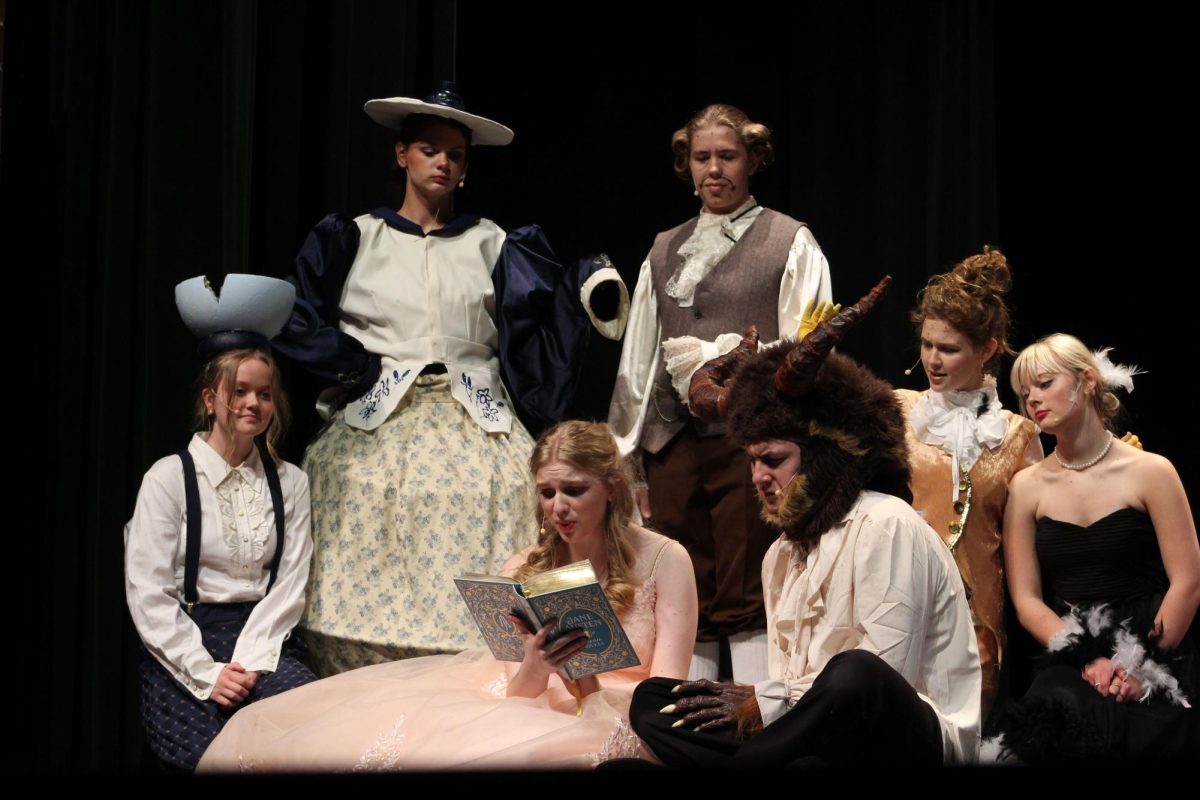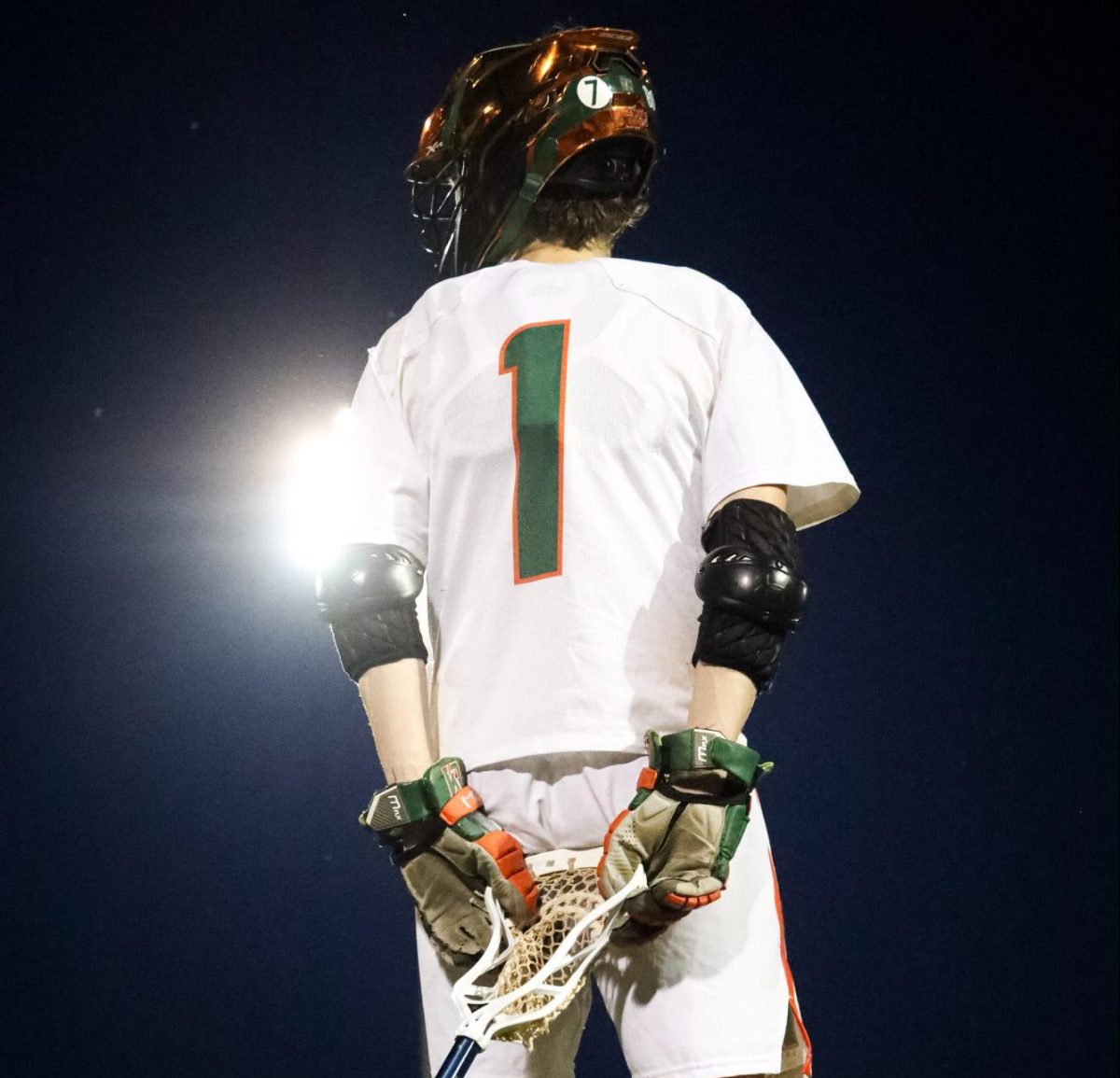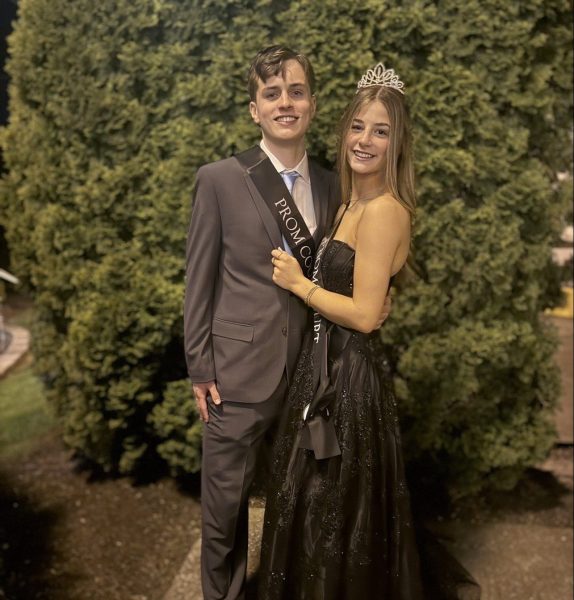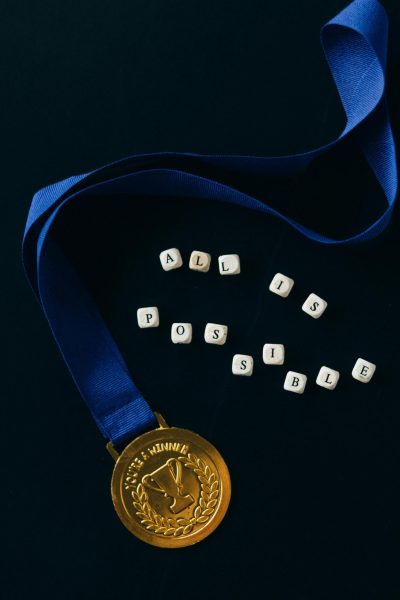What Is To Be Done With That Extra Hour?
Daylight savings throws students off their rhythm
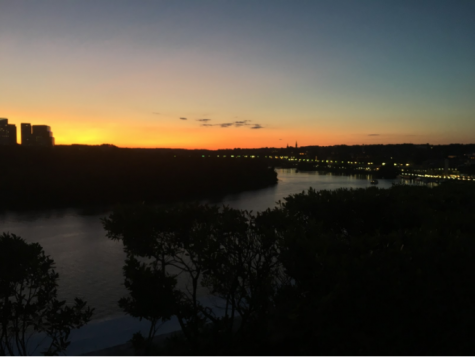
As clocks fall back, students’ sleep springs forward. Daylight savings affects almost everyone across the world. Many love the extra hour of sleep while others feel as if the early darkness ruins their day.
“I hate it being dark so early,” said junior Easton Evans. “…it makes me so much more unmotivated to do my work. I get so tired so fast.”
Evans is not the only one with this point of view.
“I always get home with zero motivation to do anything productive,” said junior Cade Campbell. Campbell is a very good student but struggles in the winter to do his homework.
Campbell and Evans are along with many others who believe it’s very difficult to do homework after extracurriculars. They believe their grades suffer.
“I have noticed somewhat of a change in lack of completed homework,” stated history teacher Benjamin Bushong. “It sucks, but on the bright side you get an extra hour of sleep.”
Students, unlike Evans and Campbell, believe that the extra hour of sleep is more of a positive then the early night negative.
“That extra hour of sleep is so nice to have,” said senior Parker Webb. “I feel like I have so much more energy with that hour.” Webb loves his sleep and feels that it’s a key component to a healthy life.
The “Uniform Time Act”, which we know as daylight savings, was passed in 1966 under president Lyndon Johnson. Johnson believed it would help save energy throughout the United States and reduce the amount of work hours for more productive labor through the warmer seasons.
“It sucks trying to work in the winter,” said senior Drew Eckert. “I landscape and the days are so short.” Eckert works 12 hour shifts on the weekends landscaping and expresses his frustrations with the early evening.
“I like the shorter work days,” stated freshman Malik Edmonds. “It gives me time in the winter to prepare for the long days in the spring and summer.” Edmonds mows lawns in the local Brookside neighborhood.
Sleep seems to be a driving factor in the love for daylight falling back.
“Sleep is so vital to me,” said junior Caden Wood. “It’s honestly my favorite part of the day.”
Your circadian rythym is directly impacted from daylight savings. The circadian rhythm is a cycle that tells our bodies when to sleep, rise, eat-regulating many physiological processes. Daylight savings affects everyones daily life from sleep shcedules to work to even behavior. It can impact your daily life for better or for worse suring this winter season.






